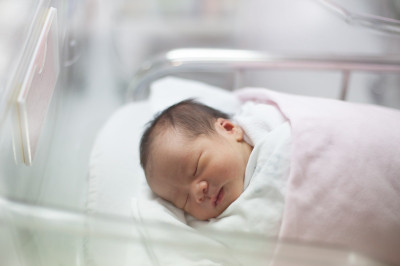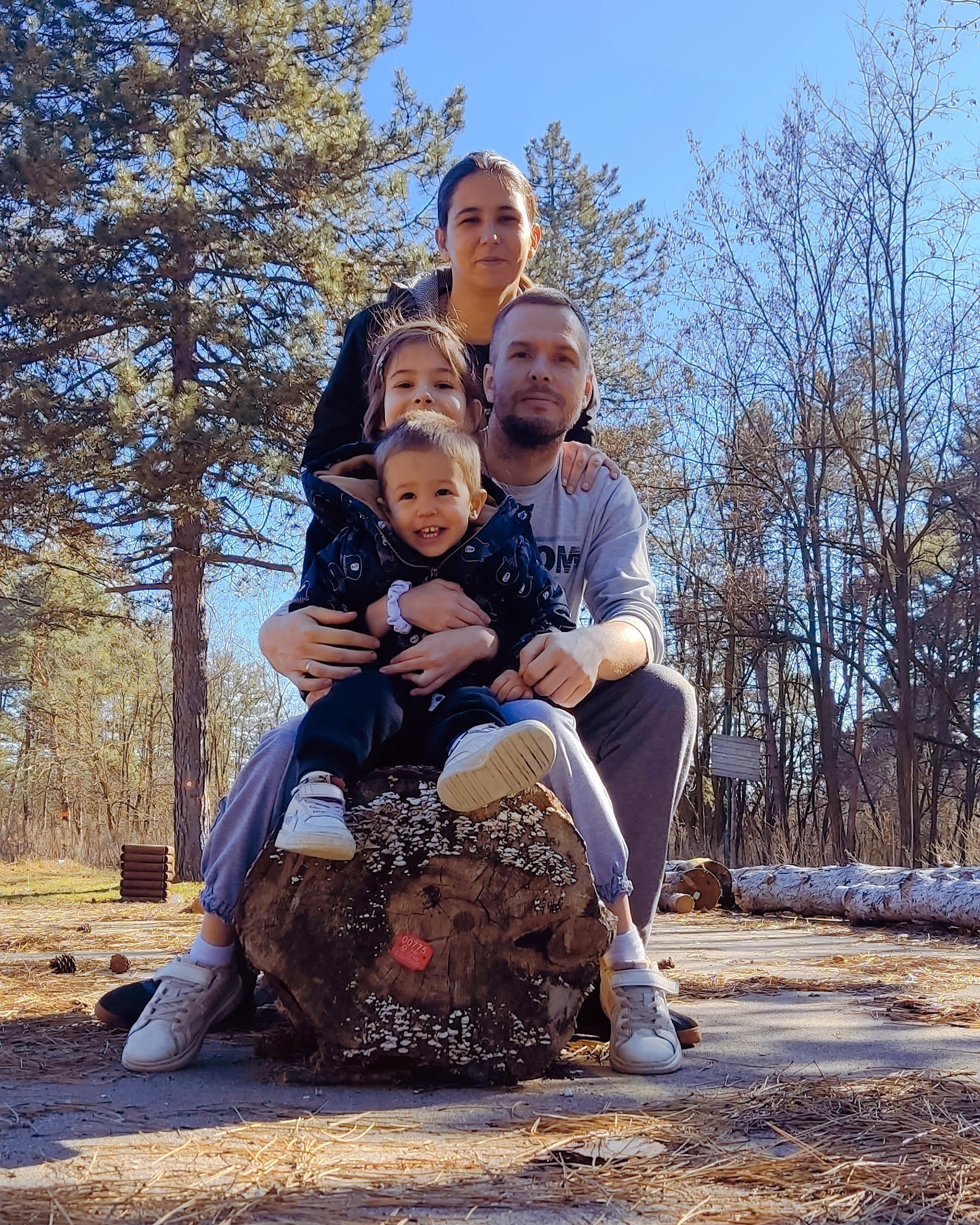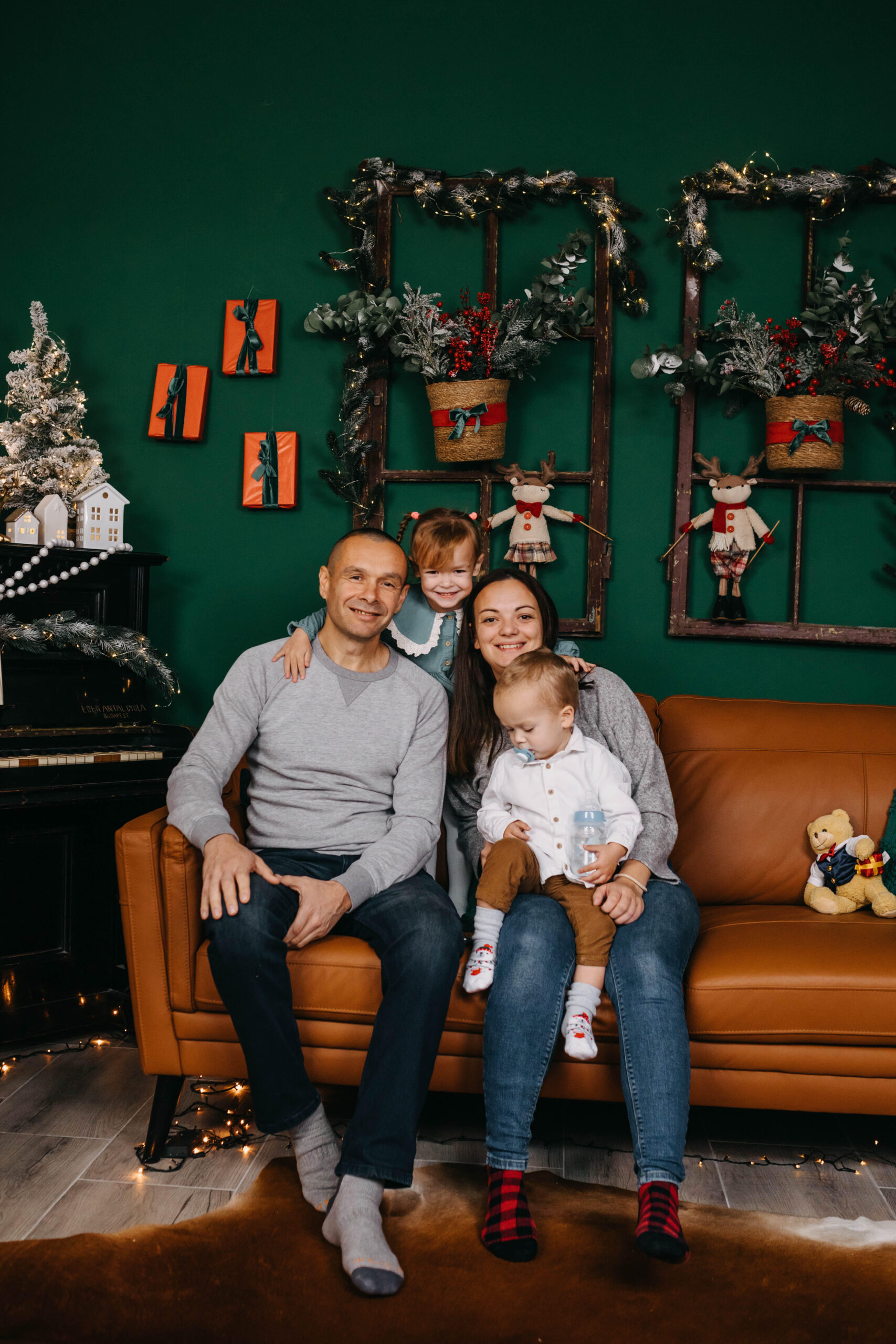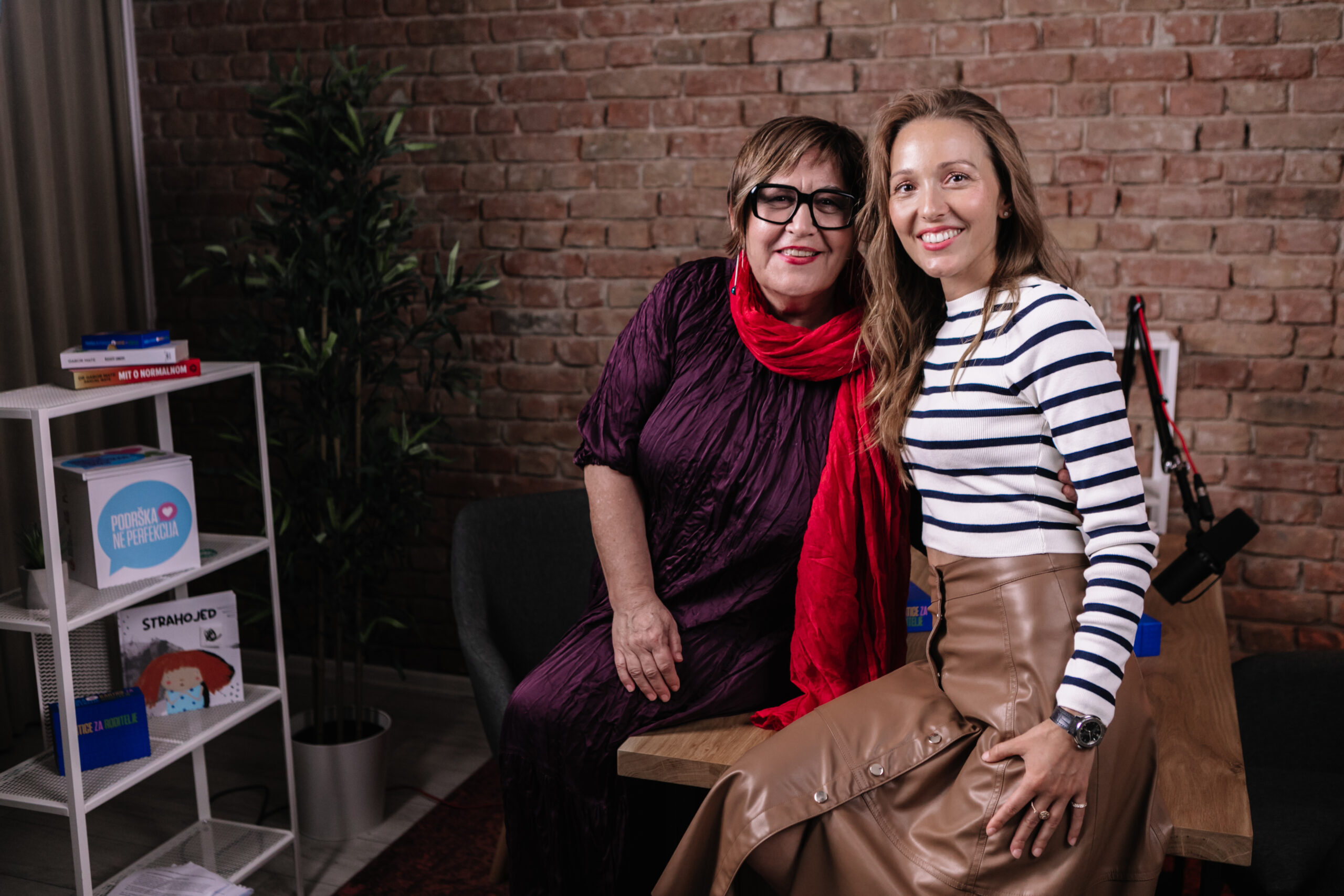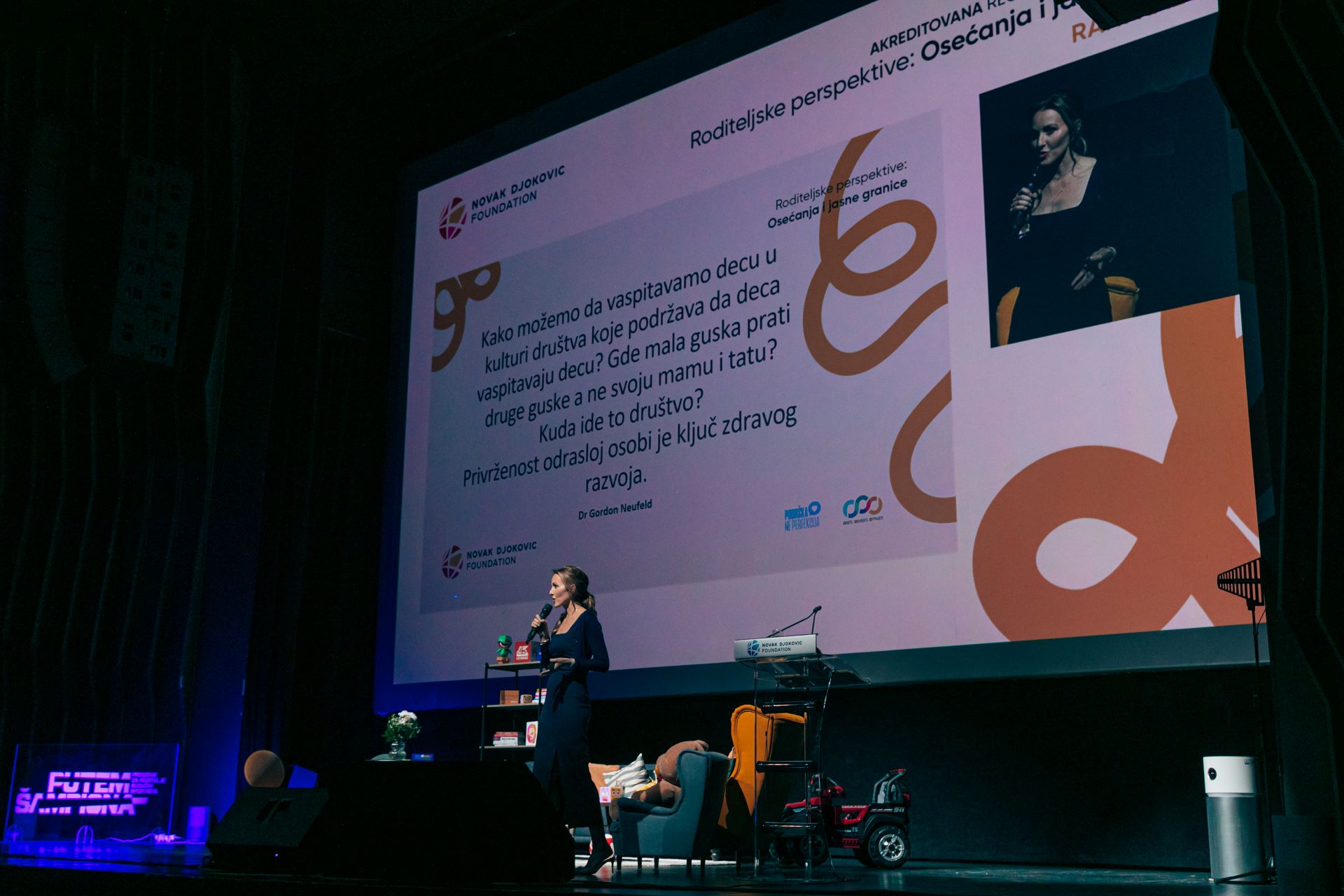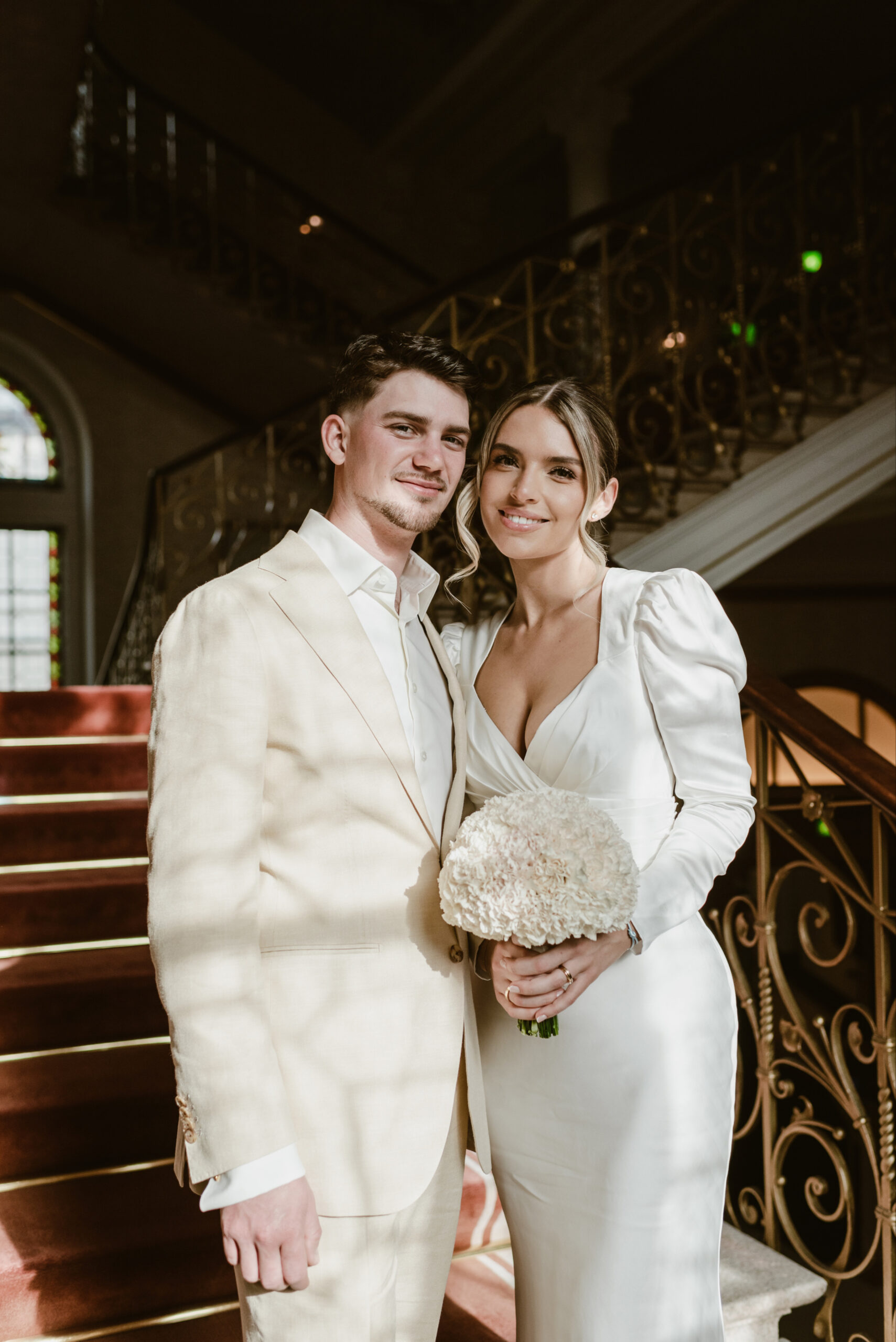It never ceases to amaze me (especially as a languages teacher) how babies start to acquire language and within a few short years develop complete mastery of it.
Whilst we can also acquire languages fluently later on in life, there is no other period quite like it in child development and just like a baby’s first steps, his/her first words are one of those magical moments which you will continue to embarrass them with well into adulthood. I am still reminded of my first word (gogga for dog) and will always remember being there for my little sister’s first word (dider – spider). But how does a child get to those endearing first words, how can we encourage and improve their language development and what should we expect? Remember that all babies develop at different rates and that your healthcare provider will provide you with information should you be concerned about your child’s language development
Birth (0-3 months)
Language learning starts at birth. Babies listen to those around them and may startle or cry if there is a sudden noise. They will turn to you when you speak and may smile when they hear your voice and it will often soothe their crying. Crying is their only form of communication and will start to sound different depending on whether they want food or are in pain.
4-6 months
 A baby is able to indicate that they want something through noises or gestures. They will also start babbling and gurgling as they learn to control tone and volume. At the same time, they begin to become fascinated with all sources of noise around them. The tone of the word „no“ starts to resonate and babies also respond to changes in the sound of voices around them.
A baby is able to indicate that they want something through noises or gestures. They will also start babbling and gurgling as they learn to control tone and volume. At the same time, they begin to become fascinated with all sources of noise around them. The tone of the word „no“ starts to resonate and babies also respond to changes in the sound of voices around them.
7-15 months
A baby can listen to speech by this point and will be able to turn and look at you when called by name. They will enjoy simple games and rhymes such as peek-a-boo and will be able to recognise the names of familiar objects. Babbling includes consonants (which are harder to produce as it requires manipulating both the tongue and the lips). This might be the time when first words start to appear (this could be as late as 15 months).
From first words….
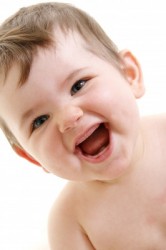 A baby will be accumulating more and more vocabulary and they will be able to show that they understand the meaning by pointing to objects around the room or in a book. They will respond to simple instructions and questions and will love rhymes and songs, usually wanting them repeated again and again and again! They will start to say and use more and more words becoming clearer as they become more adept at using consonants. Now is the time that young children start to combine two words together in a sentence or a question.
A baby will be accumulating more and more vocabulary and they will be able to show that they understand the meaning by pointing to objects around the room or in a book. They will respond to simple instructions and questions and will love rhymes and songs, usually wanting them repeated again and again and again! They will start to say and use more and more words becoming clearer as they become more adept at using consonants. Now is the time that young children start to combine two words together in a sentence or a question.
How to encourage language development:
- Talk to your baby! Although it may feel strange having a one-sided conversation, narrate and show him/her what you are doing and your baby will start linking language to objects and actions. As soon as your child has some language, ask questions to encourage more speech. Try to ask questions which will provide a more extensive answer (why, how questions) rather than questions that can only provide a yes/no answer.
- Use baby talk (parentese). Whilst this might be annoying for those around you especially if you forget to switch it off when speaking to them (!), researchers have found that ‘infants whose parents talked to them at a higher pitch and with elongated vowels had learned nearly three times more words by the age of two’.1 So, exaggerate vowels, emphasise important words, speak more slowly using a happy and higher than normal tone of voice and you should see your little monkeys babbling away which will soon develop into full speech.
- Encourage and praise attempts at spoken language. This will motivate your baby to speak more.
- Use books to encourage language, especially interactive books that make noise or have different textures (especially when they are young).
- Model good language rather than correcting them. If they say: „I goed shop“, follow it up by saying „Ah, you went to the shop.“ Children will assimilate this information and will start to apply it.
Remember all children develop at different rates and even if they are a little later starting to talk they are very likely to make rapid progress. Likewise if a first word comes very early, it might be a while before the next step is reached. What were your first words, or your children’s first words? We would love to hear.
For more details on language development and how to support it please visit:
- http://www.speech-language-therapy.com/index.php?option=com_content&view=article&id=34:ages&catid=11:admin&Itemid=117
- http://www.parenting.com/article/baby-speech-milestones?page=0,2

